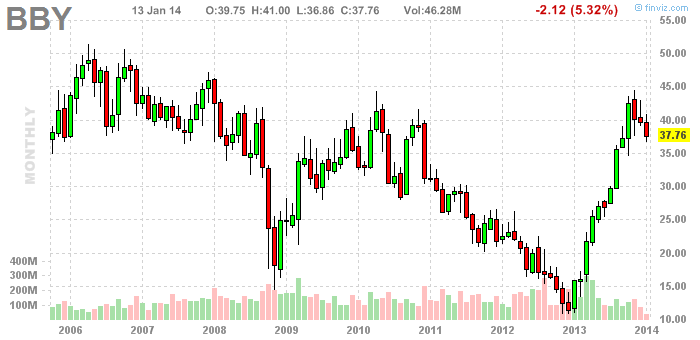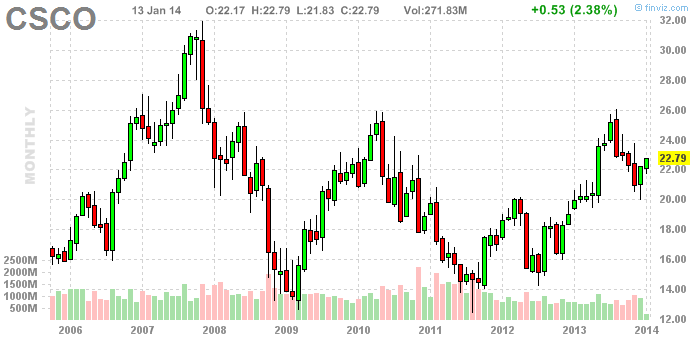We are trying to figure out if tracking mutual fund purchase and sell decisions can help us be better investors. What fund managers do, vs. what they say, can provide insights into their decision making process. We took a look at what funds have done over the last 3 months (Oct-2013, Nov-2013, Dec-2013 portfolios) to see how they are positioned going into the year end.
Top 10 hated stocks:
| RELIANCE | [stockquote]RELIANCE[/stockquote] |
| TECHM | [stockquote]TECHM[/stockquote] |
| IDEA | [stockquote]IDEA[/stockquote] |
| CAIRN | [stockquote]CAIRN[/stockquote] |
| HEXAWARE | [stockquote]HEXAWARE[/stockquote] |
| CIPLA | [stockquote]CIPLA[/stockquote] |
| NTPC | [stockquote]NTPC[/stockquote] |
| PETRONET | [stockquote]PETRONET[/stockquote] |
| HDFCBANK | [stockquote]HDFCBANK[/stockquote] |
| NMDC | [stockquote]NMDC[/stockquote] |
Top 10 loved stocks:
| POWERGRID | [stockquote]POWERGRID[/stockquote] |
| AXISBANK | [stockquote]AXISBANK[/stockquote] |
| BHARTIARTL | [stockquote]BHARTIARTL[/stockquote] |
| WIPRO | [stockquote]WIPRO[/stockquote] |
| ALSTOMT&D | [stockquote]ALSTOMT&D[/stockquote] |
| ACC | [stockquote]ACC[/stockquote] |
| APOLLOTYRE | [stockquote]APOLLOTYRE[/stockquote] |
| TITAN | [stockquote]TITAN[/stockquote] |
| SHOPERSTOP | [stockquote]SHOPERSTOP[/stockquote] |
| SKFINDIA | [stockquote]SKFINDIA[/stockquote] |
The biggest additions in December were POWERGRID, COALINDIA and ALSTOMT&D and the biggest exits were INDUSINDBK, RELIANCE and OIL
Can the exit out of Reliance explain why the stock hasn’t shown much of a spark in spite of beating consensus estimates? Are fund managers bullish about power distribution companies now that the debt of state electricity boards have been restructured and they can finally pay the discoms? Interesting moves…
Note:
- Only open ended funds that were in the “accumulation” phase were considered
- Funds named “growth” and with the “direct” option alone were considered
- Market value as-of closing 2014-01-20













